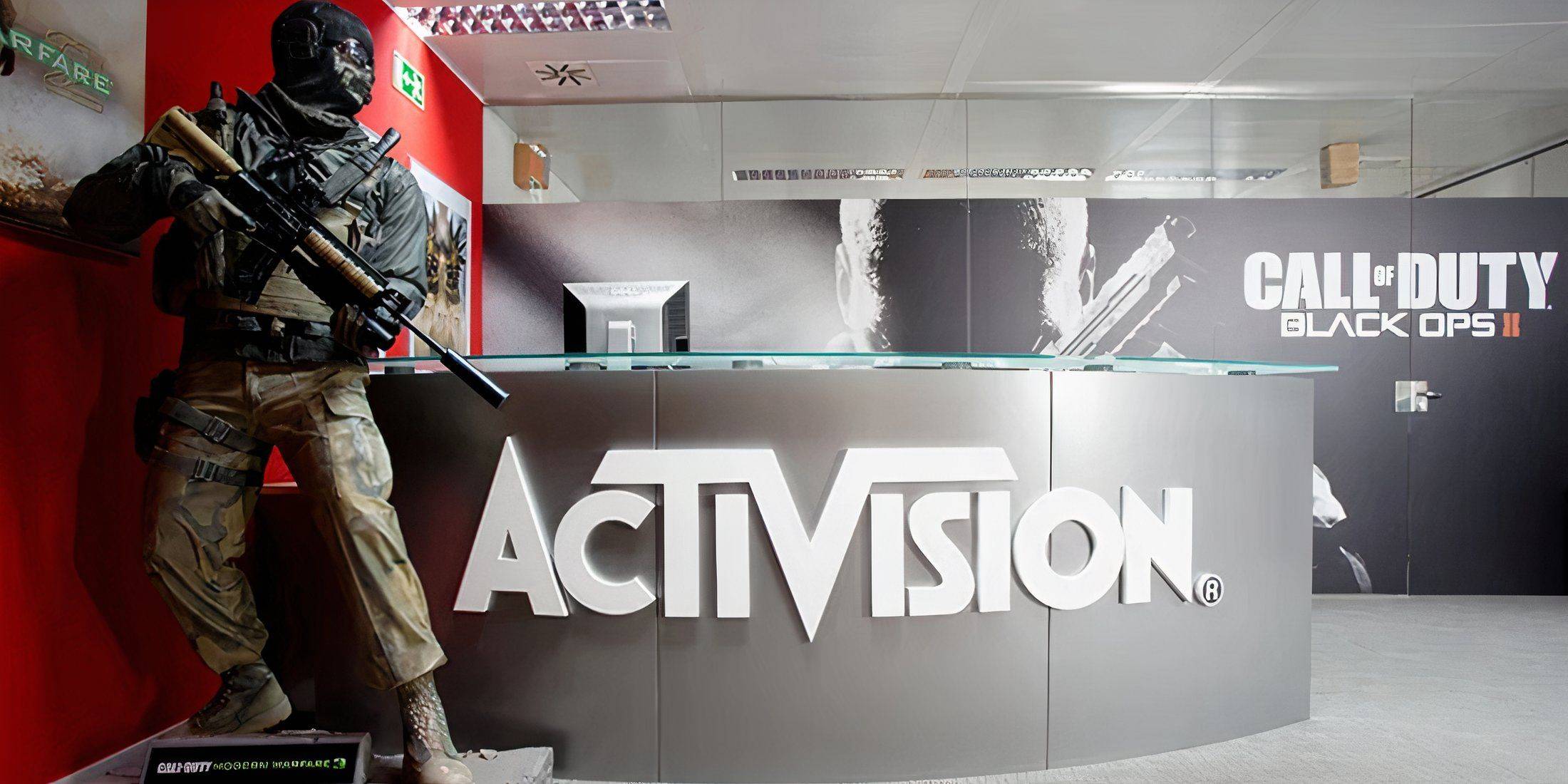
Activision Rebuts Uvalde Lawsuit Claims, Citing First Amendment Protections
Activision Blizzard has filed a robust defense against lawsuits filed by Uvalde school shooting victims' families, vehemently denying any causal link between its Call of Duty franchise and the tragedy. The May 2024 lawsuits allege the shooter's exposure to Call of Duty's violent content contributed to the horrific event at Robb Elementary School in May 2022, where 19 children and two teachers were killed, and 17 others injured. The families contend that Activision, along with Meta (via Instagram), fostered an environment conducive to violence.
Activision's December filing, a comprehensive 150-page response, rejects all accusations. The company argues the lawsuit lacks merit and seeks dismissal under California's anti-SLAPP (Strategic Lawsuits Against Public Participation) laws, designed to protect free speech. The publisher further emphasizes Call of Duty's status as an expressive work protected by the First Amendment, countering claims that its "hyper-realistic content" constitutes actionable negligence.
Expert Testimony Bolsters Activision's Defense
To substantiate its defense, Activision presented expert declarations. Notre Dame professor Matthew Thomas Payne's 35-page statement contextualizes Call of Duty within the tradition of military-themed entertainment, refuting the lawsuit's characterization of the game as a "training camp for mass shooters." Patrick Kelly, Call of Duty's creative head, contributed a 38-page document outlining the game's development process, including details on the substantial $700 million budget allocated to Call of Duty: Black Ops Cold War.
The Uvalde families have until late February to respond to Activision's extensive filings. The outcome remains uncertain, but the case highlights the ongoing debate surrounding the connection between violent video games and real-world violence, a topic frequently raised in the aftermath of mass shootings.















